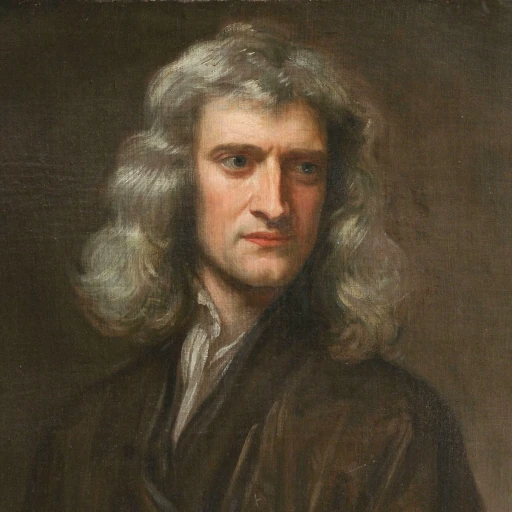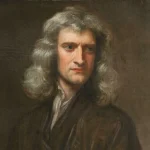“Plato is my friend; Aristotle is my friend, but my greatest friend is truth.”

- January 4, 1643 – March 31, 1727
- Born in England (UK)
- Natural philosopher, mathematician, physicist, astronomer, theologian
- Proposed the laws of universal gravitation and motion, built the foundations of modern science, and systematized theories of natural philosophy and mathematics.
table of contents
Quote
“Plato is my friend; Aristotle is my friend, but my greatest friend is truth.”
Explanation
In this quote, Isaac Newton expresses a profound commitment to the pursuit of truth above all else, even above his admiration for the great thinkers of the past, such as Plato and Aristotle. By declaring that truth is his greatest friend, Newton is emphasizing that the search for knowledge and the understanding of the natural world must take precedence over adherence to any one philosophical system or tradition, no matter how respected. While Plato and Aristotle were pivotal figures in philosophy and science, Newton places truth—the ultimate goal of intellectual inquiry—at the highest level of importance.
Newton’s approach to knowledge was rooted in a desire to uncover the laws of nature through observation, reasoning, and empirical evidence, rather than merely relying on theoretical systems or ancient teachings. His statement reflects the scientific revolution’s shift from dependence on philosophical authority to a focus on objective truths that could be tested and verified through experimentation. Although he respected both Plato and Aristotle, he was willing to challenge their ideas when they did not align with empirical evidence or the growing body of scientific knowledge.
In modern terms, this quote underscores the importance of being open-minded and critical in the search for truth. It suggests that intellectual curiosity should be driven by a commitment to discovering the most accurate understanding of the world, not by allegiance to any particular philosophy, tradition, or thinker. This pursuit of truth continues to be central to the scientific method, where conclusions must be based on evidence and reasoning, and where established ideas can always be questioned and tested in the light of new information. Newton’s perspective serves as a reminder that the ultimate goal of learning is not to support existing beliefs or systems, but to seek truth—wherever it may lead.



